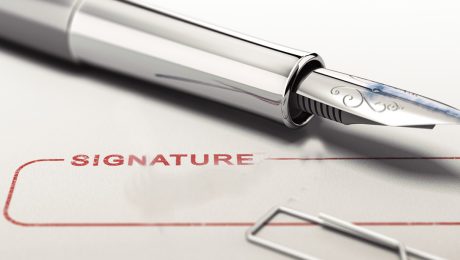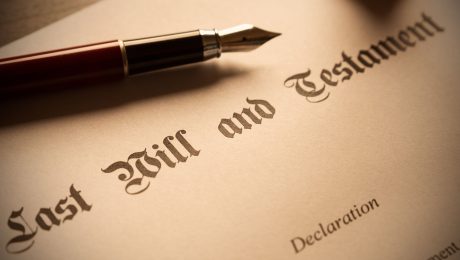How to Spot A Forged Signature
The answer is: you don’t!
You hire an expert to spot a forged signature. You hire an expert to go to court, talk to the jury, and confirm whether this is or is not a forged signature—this is a striation, this is a dot, and I’ve been doing this for 20 years.
Some people think they can spot a forged signature and that it’s easy. Sometimes, they literally google how to forge a signature. No one’s going to teach you how to forge a signature because that is a crime, so you’re going to have to attempt to do it on your own.
I could probably write a pretty good article on how to spot a forged signature or how to make a forged signature. I could give a couple of highlights. But I don’t really want to do it. Here’s why: because I don’t want people forging signatures!
People will say, “I’m going to write it really, really slow because if you write it slow, they can’t tell if it’s a forged signature. And I’m going to make lots of pen lifts because if I make lots of pen lifts, and don’t do it really fast—I’ll make a perfect forgery.” And this is the point. You may not know if what I just said was true or not. And I don’t want to tell you because I don’t want people forging people’s names.
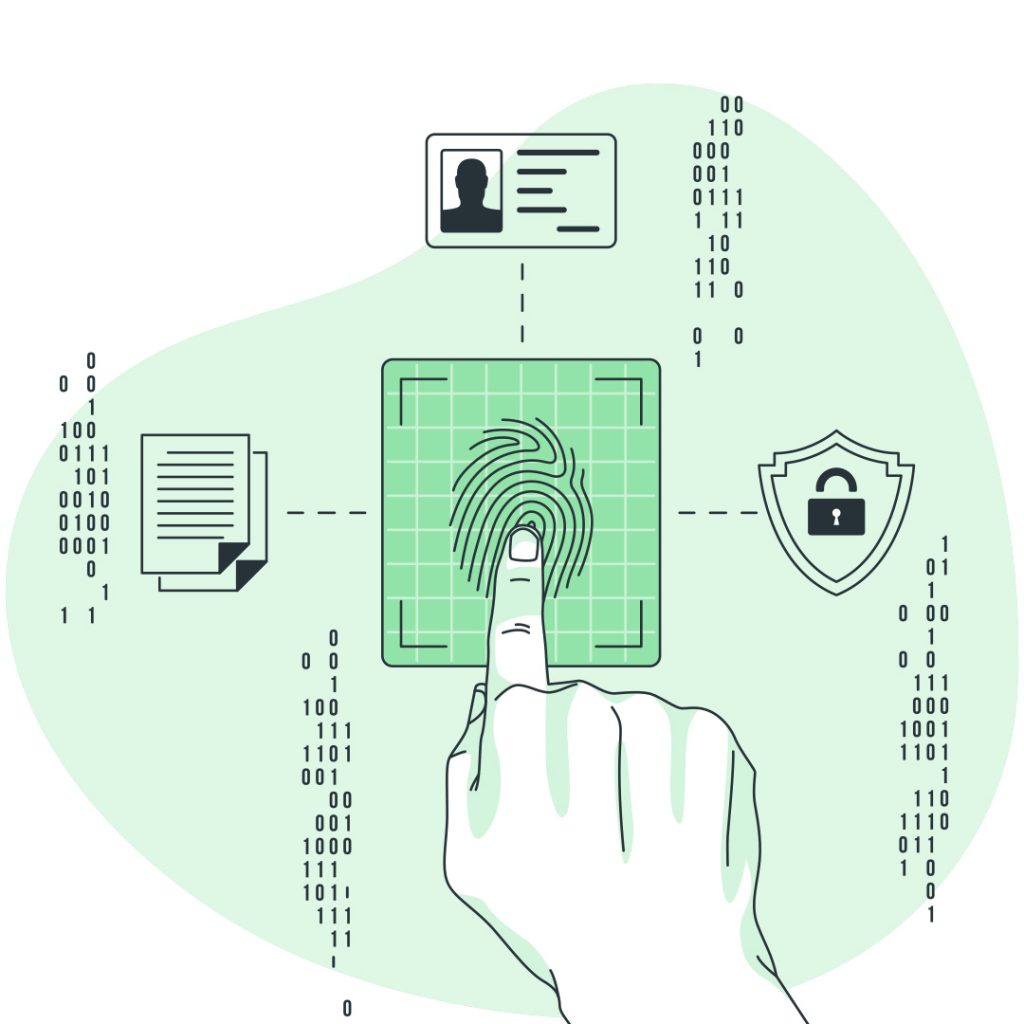
I’ve seen people literally walk up to a window and just trace it. Well, that’s a great way to do it—if you want to get caught. It’s not going to come out perfect.
The whole principle of what I do, or what forensic document examiners do, is being able to tell the identity of someone from their handwriting. If that wasn’t true, then you couldn’t do the opposite, which is spot a forgery. So, how do I spot a forgery?
Do you know someone with Alzheimer’s or Parkinson’s? They’re going to have a shaky hand, right? I take that into consideration. But if someone’s 26 and healthy, and you see shakiness in the handwriting, that’s because someone’s writing too slow and they don’t have the fluidity of a pen. The word ‘fluid’ is interesting.
Have you ever ridden a bike? Have you done it in snow? Or dirt? Or mud? It leaves a trail. If you’re going through a mud puddle, do you go really slow or really fast? You’ll go fast. Why? So, you don’t get stuck. What would the pattern of the tire look like if you went as slow as you go but not fall down? If you got a running start going like 14 miles an hour, what would the pattern look like? Probably pretty straight.
Think of this trail as your pen. If it’s super straight, and there’s no quivers or hesitations, then that’s a natural speed, if not a speedy speed. But when someone tries to trace it on a window, they’re going to leave clues—clues of hesitation. There will be a tremor, hesitation, pen lifts, and a lot of other things which are very unconscious that you can’t duplicate unless you’re that person.
I can write my handwriting 16 times. And there’s always going to be a little bit of an ink spot in a certain location because of the angle and the speed I hold my pen. And then, you sign my name. It may look kind of alike, but you’re not going to hold the pen at the same angle. Therefore, the ink is not going to flow at the same angle. It’s also maybe quivering a little bit, and you probably won’t sign it quite as fast as I do.
That’s what biometrics is. When you sign on a pen pad or an iPad, it’s not just about what it looks like. It’s how fast the pen goes. Biometrics is about how far your eyes are away from each other and how long your nose is like on a passport photograph. Biometrics is about how long the B is or how wide the B is. And more importantly, it is how long it takes to get from point A to point B.
So, if I sign my name Bart Baggett, and I lift my pen between the first and second name, the biometrics computer would know how long I lifted my pen. If you sign my name and you get the first name perfect, but then it takes you like 10 seconds to sign the last name, the computer’s going to think it’s not Bart because he didn’t wait 10 seconds between the names.
So, biometrics is this system of authenticating or determining inauthentic signatures by the time, the pen pressure, and some of the numerical data that electronic pen pads have. And the next generation of forensic document examining will be analyzing digital signatures and digital writing, because the age of the quill pen is long past. It’s like the age of the horse and buggy. Even though we’re still using pens and pencils now, in 30 years it may be a lost art.
So, you still have to determine how people can make their mark. Do you know what that word means: make their mark?
Colloquially, it means to make a splash. Most people in the Middle Ages couldn’t write. They used stamps. Using a piece of coal, they would make a mark as their signature.
Notice that if you sign your name 50 times, you may have different moods. There would be bigger or smaller signatures. They may be angled differently. But, even if you write really small or really large, the space in between the letters, the margins, and stuff will have a range of natural variation. This is a technical term. So, whether you’re in biometrics or writing with a pen and pencil, you’re going to have a range of big, small, sloppy, and not sloppy handwriting depending on your mood.
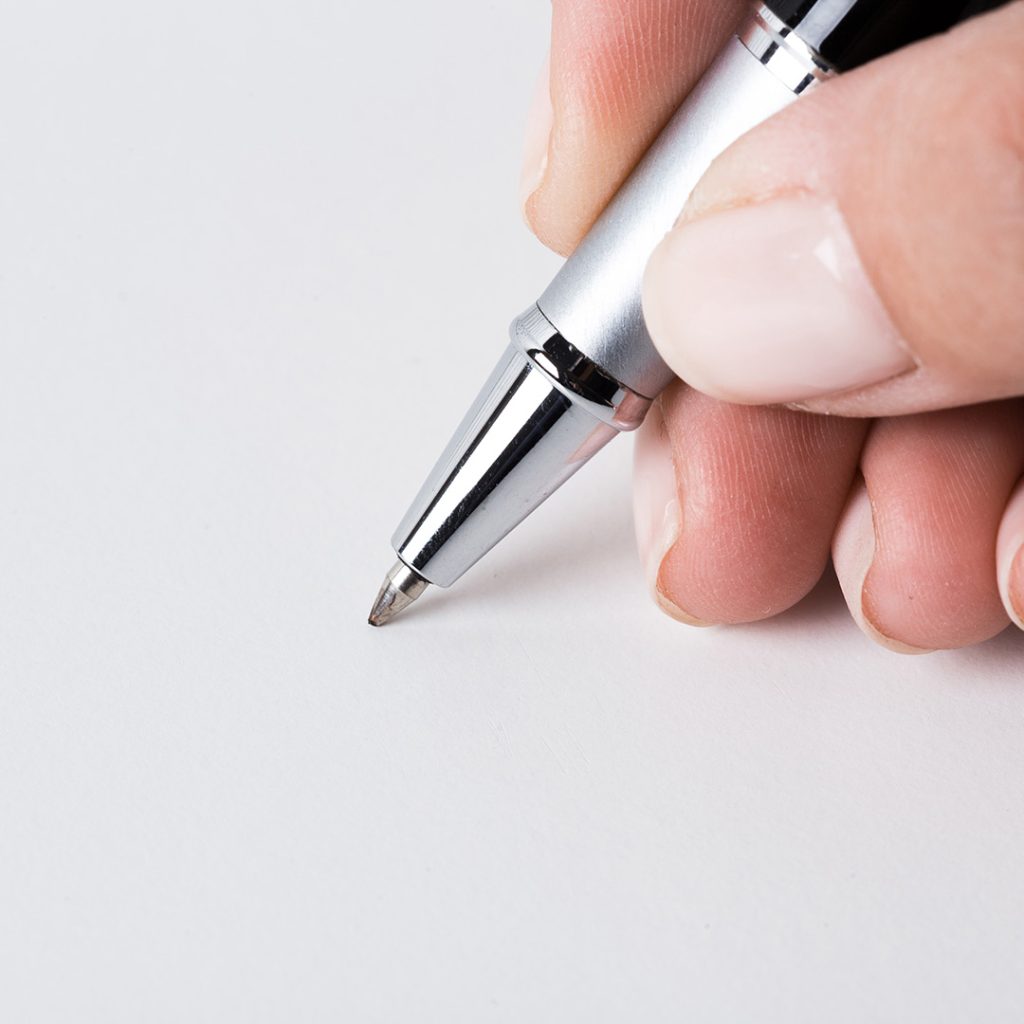
If you’re not bipolar or you don’t have split personality, you’re not going to have this range of variation that looks like a clown or the writings of 16 different people. We have a book with 16 handwriting samples on the inside cover. Even if you do have good days and bad days, there’s going to be a range of the loops, the size, where the dots go, where the spaces go, and other factors, and within that range is you.
A computer or someone like me who is trained can find this range if we have enough samples. If we are presented with a signature that is outside the range, we’d think that it might be a forgery. That’s the secret of how you discover forgeries. You have to establish that range of variation.
So, here’s a common question: If you want to establish the range of variation, how many signatures do you want?
In geometry and in statistics, you need at least two dots to make a line. And you’ll probably need more than that to even get an average. So, if you’re trying to get a statistically valid set of anything, you’re going to need as many data points as possible. You’ll want at least 10, maybe 20, maybe 500. But the truth is, we don’t really want 500 because that will be a lot of work. Usually within about 30 to 60, you’ve got a decent variation. But again, for a schizophrenic, you’re going to want more samples.
I once said this in court and I wasn’t not lying. I was in San Marino. I said in a hearing, “Well, if it’s a Catholic nun, maybe you could have less, but if it was a drug addict, you’d probably want to have more.” And the judge goes, “Wait a second. I don’t want to insult Catholic nuns or drug addicts in this courtroom. This is the age we’re living in.” She was giggling. She was not being serious. She laughed and I laughed. But the way she said it was like, let’s not insult the nuns or the drug addicts in the courtroom. Obviously, there were no nuns in the courtroom.
It was funny. But it’s true. You think about how you probably don’t need 100 samples of a nun’s writing. They have pretty handwriting. They have a very disciplined lifestyle, so they probably have a pretty predictable mood variations, whereas drug addicts go from the highs, the lows, and all in between. And it would all come out in the handwriting and the unpredictability of one’s signature.
If you want to spot a forged signature, hire a handwriting expert. Make sure you find someone that’s been to court lots of times, that has done thousands of cases of real handwriting analysis and real forgery detection, and make sure that the judges have court-qualified them. If you got all three of those things in a handwriting expert, you’d probably get a great service at a reasonable cost.
If you want to hire my office, that’s great. Go to handwritingexperts.com. Pick one handwriting experts off of the directory.
Give us a call and we’ll help you out.
- Published in Forgery
What to do When someone Forged my Signature on Check?
You should immediately inform your financial institution of the problem. Follow up by informing the person who issued the check. The individual who gave you the check may get their money back from their financial institution and issue you a new one.
People frequently try to steal money from the bank by stealing checkbooks, forging, and depositing fake checks. If someone has attempted to counterfeit your signature on a check, here are four things you may do to protect yourself.
Step one: First things first, you should cancel your account. If you are worried about someone using your checkbook, you should shut down your bank account.
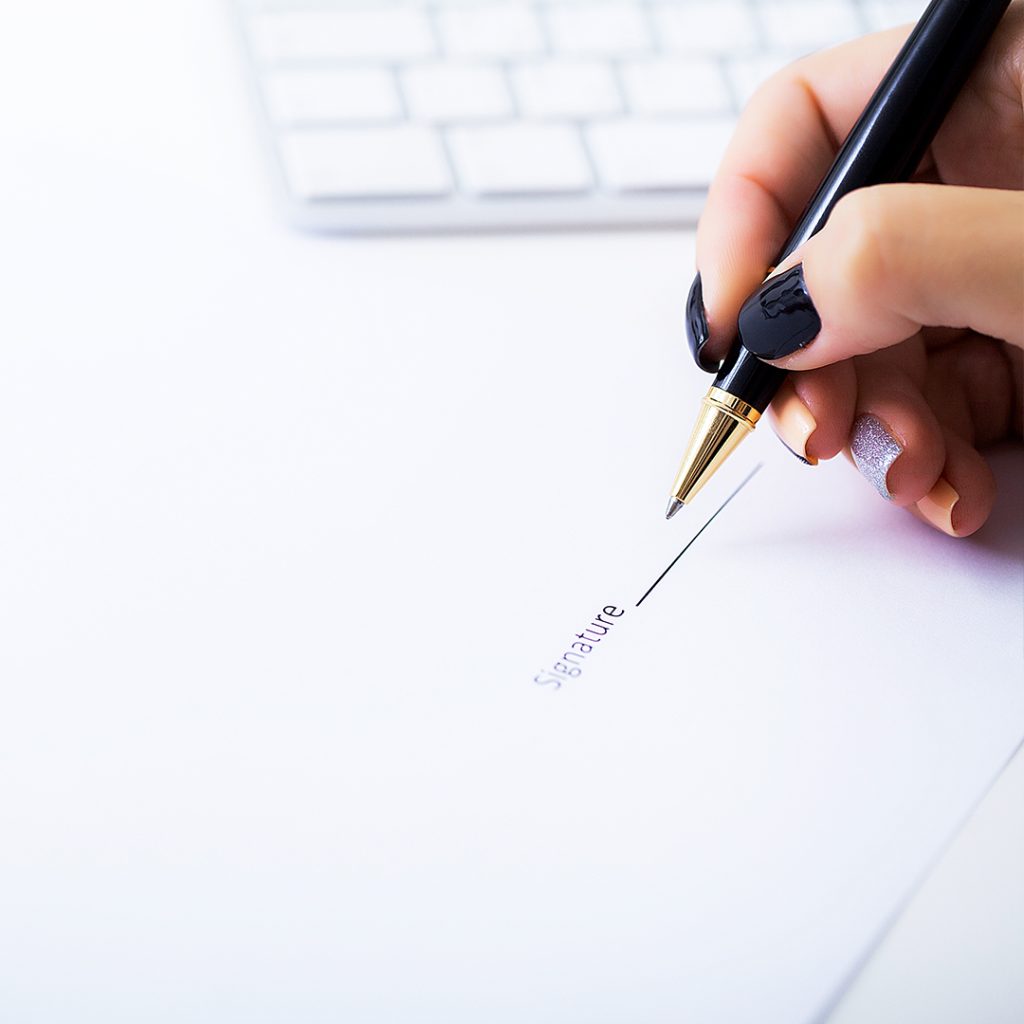
Step two: Report the checkbook and fraudulent checks to the bank manager. If you need assistance recovering your funds, ask. This is when things become complicated. The bank will likely push back and say something like, “That’s not our concern,” if $80,000 is fraudulently removed from your account. You should visit the bank manager right away. If the check is for less than $80, they will likely return the money and let you keep your account open.
If they refuse to refund your money, move on to the next step.
Step 3. The next step is to visit the police station and make a report. The bank manager will finally take you seriously after the police get involved. Sadly, the police need the budget to bring in a handwriting expert. Unless you reside in a very large city, it is unlikely that your local police department will employ a forensic examiner.
Step four: The fourth step is contacting a forensic document examiner like myself. Inform them that someone has faked your name and that you would greatly appreciate a letter of recommendation. You may have to testify in court if they determine that you are the perpetrator.
The question is, “How do you do that?” You should search for “forensic handwriting expert” online when this occurs. The handwritingexperts.com website might be the one you need. Choose a guru in that field. The crooks can examine the fake check. For less than a grand, they will analyze your handwriting samples and issue a letter of opinion stating that you did not write the check.
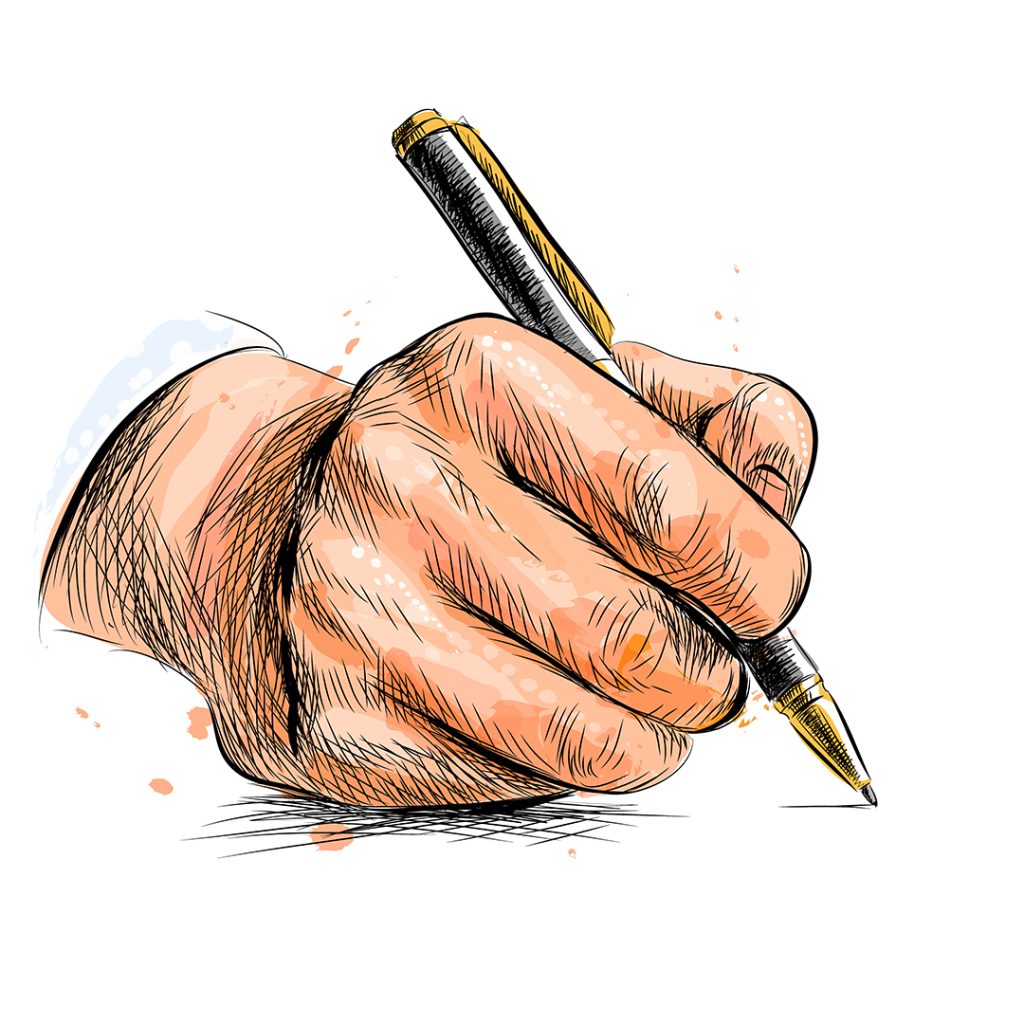
You will be caught if you wrote the check and are now trying to pass it off as someone else’s. Those who specialize in identifying people from their handwriting are called “handwriting experts.” If the check were only $400, there’d be no use in meeting with me because you’d have to spend at least $1,000 to get somewhere. If the amount is more like $80,000, however, it is prudent to retain legal counsel, file a police report, and also contact the financial institution in question.
The financial institution has recently invested in both legal counsel and insurance coverage. This sort of thing occurs frequently. Constantly, they need to do something correctly. The legal department is prepared to handle it, and they will consider whether or not refunding your money is more cost-effective than representing you in court.
Also, if you decide to sue the company for the amount of the check, will the cost of hiring an attorney to defend the company at $400 per hour be less than the cost of getting your money back? Here’s the rub: if you want something badly enough, you must resort to dirty tactics like hiring an attorney or threatening legal action if they don’t give in to your demands. They’ve calculated that it’ll cost them $5,000 to defend themselves in court, so they’ll refund your payment.
Those are the main four things to do if you discover a counterfeit check in your name. You should sign out now. Make an appointment with the bank manager. Don’t hesitate to call the police and report the incident. Next, have a forensic handwriting specialist examine the documents.
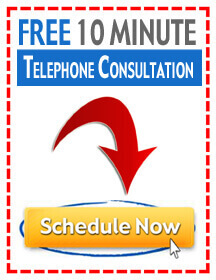
Call Today: 214-614-8122
9 am-7pm PST
What is your next step?
Toll-Free 800-980-9030
If you want to talk about your forensic handwriting case, just go to this website and speak to one of our case consultants. 1-800-980-9030.
Bart Baggett’s office can be reached at the following websites
https://handwritingexpertdallas.com/
https://californiahandwritingexperts.com/
https://floridahandwritingexperts.com/
- Published in Forgery
What To Do if Your Name is Forged on the Title?
Introduction
Handwriting experts frequently deal with titles, deeds, and contracts where your name or signature has been forged, leaving you without your car or property.
What is a title?
Nowadays, most vehicle and motorcycle titles are printed on a unique document called a title. No matter where you live—in New York, Texas, or California—the state will mail you a title proving that you are the rightful owner. The state will give you a copy if you are the title owner. The title won’t be left in the glove box, will it? Because they’ll get your automobile if someone takes it.

What to do if your name is forged on the title?
Not to worry! You could recover your car, trailer, or house if someone falsified your name on a title.
- To demonstrate that your signature was faked, you must look at both your handwriting and signature on the back of the book.
- Identify the person you believe could have forged it. You might be able to identify the owner of the motorcycle, car, or watercraft. Bring all of the data to a handwriting specialist for a professional opinion.
- A lot of effort is required to become a forensic document examiner. You would need to attend hours and hours of classes, gather evidence to support your case before being allowed to testify in court, and earn the judge’s respect by demonstrating your proficiency in handwriting analysis. Make sure the expert you choose is a certified document examiner or a licensed handwriting expert with 115 court appearances if you want to locate the best expert for your case.
- Last but not least, regardless of whether you own the boat, you must submit a police report alleging that the title was forged and someone stole the boat. It is known as the Department of Motor Vehicles in California. In other states, It is known as the Department of Transportation.
- It would be great to let them know that you no longer own that title or that car. This is crucial because you can be held responsible if someone is killed in your car, and your insurance will have to make payments. As a result, when you no longer own the boat, automobile, or anything else, you must inform the DMV.
What is the role of handwriting experts?
If you have the original paper, we may examine every detail page, which makes our task simpler. You must utilize whatever duplicate you have if you don’t have the original. Since courts often follow the Best Evidence Law, even if we don’t have the original, it’s still the best evidence. With the help of the fact-finder, we shall ascertain the truth. Try to obtain the original.
Most expert witnesses are not for sale or to be hired. They are available for hire but will be updated regarding whether Jack signed that document. If Jack signed the document, they would claim that Jack did so. Janet did inherit the house from your grandma. Since I’m not a hired gun, the judges and jurors respect that as an expert witness, I’m only here, to tell the truth, which is why they do.
Put another way; you can’t pay people to say whatever you want. They’ll be honest with you. They will not testify for you if the signature is genuine. If the signature is fake, they will swear under oath that it is not yours.

The bottom line
It breaks my heart to watch people fight over automobiles for years. They’ll steal the vehicle and conceal it somewhere entirely different, perhaps even during a marital argument. If there is a family issue or if it is your brother-in-law, the courts will be involved, and if your brother-in-law has stolen a boat or forged your signature, they will assist you. You’ll need proof of such an occurrence at that point to support your claim. You might bring in a forensic handwriting expert like me, and I’d claim that John forged John’s signature and that it was never legitimate.
As a company, we’ve seen this happen 20,000 times. The most common thing is real estate property deeds. Of course, with real estate property deeds, it’s all about as easy as $5 million on the table. That’s what somebody would say about it – like, “Hey Janet! My grandma gave me this house.” But there are always some so-called nieces who aren’t Janet.
Why did Janet get the house? Maybe someone forged it. Maybe Grandma put down unreadable signatures, which were signed off on by someone else, or maybe something needed to be added in translation when she passed it along to her niece. That’s why they use handwriting experts and document examiners to ensure that an original is legitimate. They can transfer ownership of the deed back to themselves or their family members if anyone has more entitlement to it than anybody else.
If your name has been forged, please contact one of us. Find someone in your area by visiting handwritingexperts.com or handwritingexpertusa.com. Most likely, you won’t require a local. Today, PDF and electronic files are used for most of our work. We would be pleased to send someone to your place to look at an original under a microscope.
Forensic handwriting specialist Bart Baggett has been doing this for 30 years. He has made more than a hundred court appearances. More often than you think, forged titles and deeds have been observed. It involves a family member most frequently and is considerably more typical than you might imagine. That’s disappointing, isn’t it?
If you call, we’ll put you in touch with one of our professionals.
Best wishes for your forged document case.
- Published in Client Reviews, Forgery
What do you do if you think someone Forged Your Parents Last Will and Testament?
This short article tells you how to deal with the probate court and the possible forgery of your parents’ will. The death of your parents is a difficult time.
You’re probably here because you’ve just lost one of your parents, and now you’re tasked with handling the last will and testament.
If the signature on the Last Will and Testament or those Trust documents doesn’t look authentic, this article is for you.
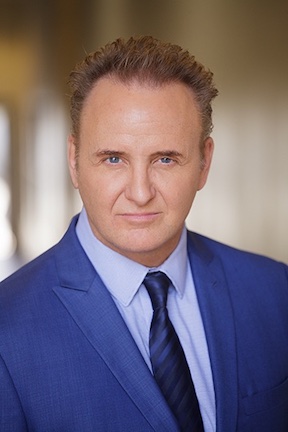
My name is Bart Baggett and I founded Handwriting Experts Inc over 25 years ago to help people just like you. We specialize in probate cases, involving signatures, trusts, deeds, and wills.
Oftentimes, it is in the case where someone has passed away and the entire estate rest in the hands of the probate court judge. If a judge decides that this is what your parents wanted, your parent’s house, cards, jewelry, and the entire estate can be handed to the idiot step-child.
It’s our burden to figure out our parents’ estate and handle all the details. And unfortunately, it’s really, really common for brothers, sisters, uncles, and even caregivers to forge wills and try to take everything— and I mean everything!
So, you’re not alone in this situation. And I know it’s confusing. If you’re not an attorney, then this will be very helpful for you. I’ll walk you through how we work with probate cases and how a court-qualified handwriting expert can help you during the process.
At Handwriting Experts Inc., we are forensic document examiners. We require authenticated handwriting samples and signatures of the decedent (your mom or your dad who has passed away… and we determine if indeed the will for this person has been forged.
Here are the steps we follow to determine if a Last Will and Testament has been forged.
- Is there a document with the original, or “wet”, signature?
Often times in a probate case, there’s an actual wet signature (pen and ink original) sitting at the courthouse under lock and key. But that’s not always true. If it’s possible to get access to that will, one of our experts will personally go to the courthouse with a microscope and a camera to inspect it professionally. At the courthouse, a forensic document examiner will take photographs of the document in question and confirm whether or not a human being’s handwriting wrote and signed the will. Sometimes color photocopies can look like wet ink, but it is not the same under a microscope. See the graphic below. One photograph is a color printout, the other is a blue ballpoint pen written by a human hand.
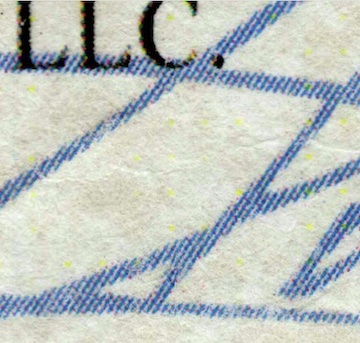
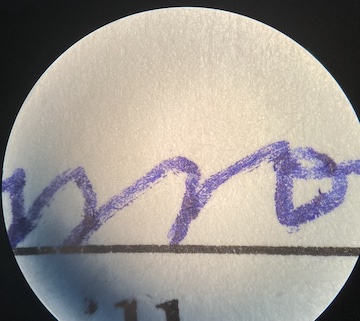
2 Compare the signature on the will with other samples of the decedent’s signature.
Next, we’ll compare those signatures to other samples of your parent’s handwriting—their passport, visa, checkbook, birth certificates, wedding certificates, etc. We’ll look for their known handwriting. Your that’s your job is to find their known handwriting. And then, we will compare them using our skills of handwriting identification to determine authorship.
Write an Official report on the Authenticity of the signature on the will. Has it been forged or not?
We’re handwriting experts. I’ve been doing this for 30 years; I’ll know for sure whether that signature is forged. Even if the parent was really sick, or had Alzheimer’s or Parkinson’s, we can take all that into consideration. And it’s impossible to slip a forgery past trained eyes.
So, once I or my team does that job, we decide if a forgery happened. If it did, we’ll write a declaration. And if you need, we’ll come to court and testify on your behalf.
If this is a service that you need, the pricing is on our website.
Whether you deal with me, any of our experts, or any other court-qualified handwriting expert in the country, the process is pretty much the same. In order to prove a forgery in court, you’re going to have to hire a forensic handwriting expert, and they’re going to have to be court qualified. They’re going to have to testify. Otherwise, it’s just your word against his (or her word).
And that’s the process of how you handle the determination of a forgery of a will and testament in court. You simply hire the right forensic document examiner.
If you need our help, please reach out. There are respectable trained handwriting experts at a variety of price ranges at this directory: www.handwritingexperts.com. You can hire any of our professional experts on the website. If you want to hire me directly, go to handwritingexpertusa.com and speak to one of our case managers during your free consultation phone call. Bart Baggett takes cases worldwide. His main offices are in Los Angeles, Dallas, Miami, New York, and San Francisco.
We have offices around the country, and we’ll travel to you to help you through this difficult time. While we know the circumstances for needing our services are not the best, at least you can rest knowing the wishes of your loved one have been fulfilled.
Call Now For a Price Quote On Your Case:
1-800-980-9030 or 323-544-9277
- Published in Document Examination, Forgery, Handwriting Expert

